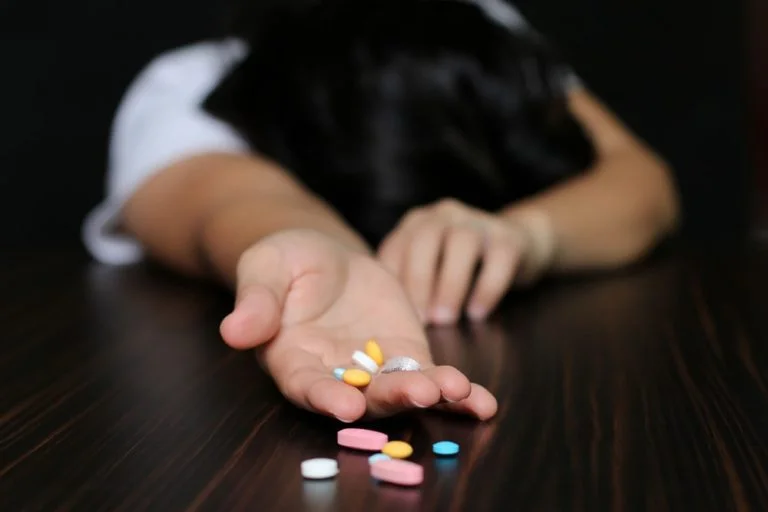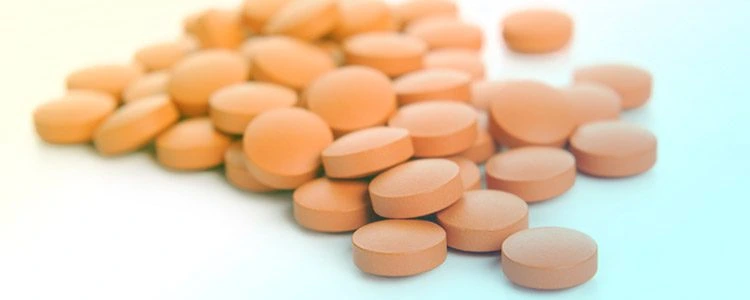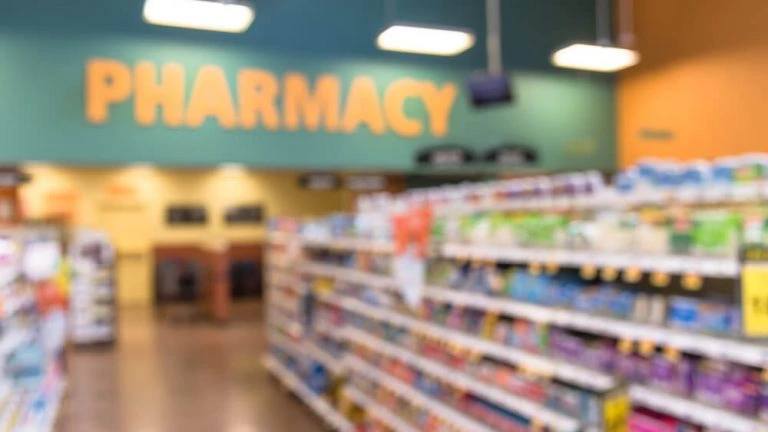Pill Overdose Symptoms
Could you tell if a loved one took too many prescription pills? More people have died from overdoses of prescription pills in recent years than from heroin and cocaine overdoses combined. Information from the National Center on Health Statistics shows that nearly 30,000 people died from overdoses of prescription drugs in 2015, compared to just under 22,000 deaths caused by heroin and cocaine. Despite these horrifying statistics, many still view prescription drugs as being safer than their illicit counterparts. This mistaken belief in the safety of prescription medication may be why so many people are still unable to identify prescription pill overdose symptoms. Learning pill overdose symptoms could enable you to call 911 in time to save the life of someone you love.

Learning prescription pill overdose symptoms could save the life of someone you love
How prescription pill overdoses occur
Prescription pill overdoses can be deliberate or accidental. When overdoses are accidental, they often occur because people take medications in a manner other than how they were prescribed in order to get high. Prescription pill overdoses can occur anytime someone:
- Takes drugs that are prescribed for someone else
- Takes larger doses of pills than prescribed
- Combines drugs by taking several different prescription medications at the same time
- Drinks alcohol along with prescription pills
- Uses illicit drugs when taking prescription pills
- Regularly takes large doses of prescription pills for an extended time
- Takes pills in a different manner than prescribed, such as by crushing and snorting, smoking, or injecting them
Prescription pill overdose symptoms
When people overdose on prescription pain pills, they can experience a range of symptoms that affect the entire body. The first symptom of impending overdose is a heightening of the effects of the drug. People taking stimulants may become manic, and people on tranquilizers will become excessively sedated. After that, problems can begin to occur with other systems in the body not normally affected by the medication. Chronic conditions may worsen. Some or all of these prescription pill overdose symptoms can occur, depending on the medication taken:
- Vital sign values (temperature, pulse rate, respiratory rate, and blood pressure) can increase, decrease, or cease entirely
- Skin may be pale, cool, sweaty, and clammy, or hot and dry
- Heart or lung damage can cause chest pains
- Abdominal pain, nausea, diarrhea, and/or vomiting can occur
- Other organ damage can occur depending on the specific drug taken, causing a variety of symptoms
What happens when you overdose on painkillers
Opioid pain pills are responsible for the largest share of deaths from prescription pill overdoses. When you overdose on painkillers, your breathing and heartrate slow way down. You can actually stop breathing, which can cause permanent brain damage, coma, or death. What happens when you overdose on painkillers can include:
- Extreme sleepiness
- Mental confusion, slurred speech, and intoxicated behavior
- Tiny, pinpoint pupils
- Slow heartbeat or low blood pressure
- Slow or shallow breathing
- Fingernails or lips that look blue or purple
- Inability to wake up or stay awake, even with loud verbal stimulus or sternal rub (firmly rubbing with a knuckle on your sternum)
Drug overdose treatment
If you see signs of pill overdose symptoms in someone, call 911 immediately. If the person has stopped breathing or is breathing very weakly, perform CPR until rescue workers arrive. Police and other first responders in many communities now carry naloxone injections. Naloxone is the most effective drug overdose treatment in cases involving opioid painkillers. The medication can be administered via an intranasal spray, or injected into the muscle, under the skin, or through intravenous injection. Naloxone can actually reverse opioid overdose and resuscitate individuals who have overdosed on opioids, but it has no effect on overdoses caused by benzodiazepines or other medications.
For drug overdoses involving other drugs, treatment may involve gastric lavage (stomach pumping) or activated charcoal to bind drugs so they can be eliminated. The administration of other medications may be necessary to counteract the effects of the overdose, or to prevent additional damage from the overdose medications.
If you or someone you know has experienced pill overdose symptoms because of prescription drug abuse, entering a drug addiction treatment center may be the best way to prevent a future overdose from occurring. Please call BetterAddictionCare to talk to one of our specialists at (800) 429-7690 today. We can help you find addiction rehab facilities that provide you or your loved one with the best chance for long-term recovery.





